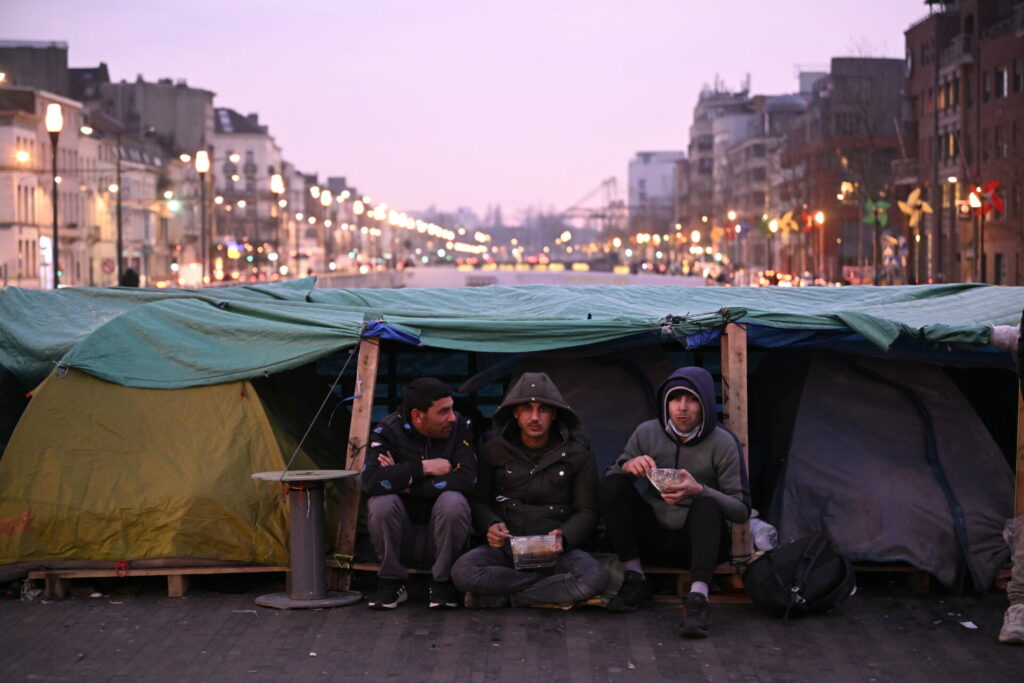EU ministers are hoping to reach an agreement on the bloc's Migration and Asylum Pact and bring an end to years of political deadlock on this front.
On Thursday, the Home Affairs Ministers and those in charge of asylum and migration gathered for the EU’s Justice and Home Affairs Council (JHA), with the aim of reaching a common procedure across the bloc for granting and withdrawing international protection, to bring an end to a decade of EU countries trading blame on migration.
"We are so close, there is no acceptable excuse for not finding an agreement today," Swedish Migration Minister Maria Malmer Stenergard, who is chairing the meeting, said ahead of the meeting.
The two key files discussed on Thursday are the new asylum and migration management system, which could signify the revision of the Dublin system, among other things. and the streamlining of asylum procedures in EU countries, matters which have been under discussion for years.
If approved, the Pact would introduce an expedited border procedure, resulting in people with a very low chance of receiving asylum receiving a response more quickly. Once refused, they will also be returned to their country of origin more swiftly.
"Two in three people seeking asylum today do not need protection. Then you have to ensure a quick response and return. That's easy to organise at external borders," Belgian State Secretary for Asylum and Migration Nicole de Moor, argued.
Related News
- Afghan asylum seekers demonstrate outside Immigration Service in Brussels
- 'Violence, depression and suicide': Belgium's reception crisis far from over
For the approximately 36% of migrants who do have a right to asylum, there would be a solidarity mechanism.
Member states that do not take over asylum seekers from the 'frontline' states would have to pay a sum of €20,000 per person or help their hosting peers with equipment or personnel, thus forcing a solidarity mechanism.
This aspect has proven most controversial and is the biggest sticking point for Central and Eastern European countries such as Hungary, the loudest EU voice against the Pact, and Poland.
Solidarity, but for who?
Critics on the other side of the spectrum have said that the rapid border procedure would risk reviving the tragic scenes that played out on the Greek islands several years ago. The procedure could create even more overcrowded and inadequate migration camps on the EU border, while the solidarity principle at risk of becoming inhumane.
"Any other ‘flexible’ forms of solidarity, such as financial support, should only be used to welcome people with respect and dignity, rather than yet more efforts to deter or detain new arrivals," International Rescue Committee (IRC)'s Senior Director of Europe Advocacy, Imogen Sudbery, said.
The Left in the European Parliament agreed that a fundamental change in the EU asylum and migration policy is needed, but that this should be based on human rights and people seeking safety. "Yet the JHA Council is orienting its position on dreams of right-wing governments and expanding Fortress Europe."

